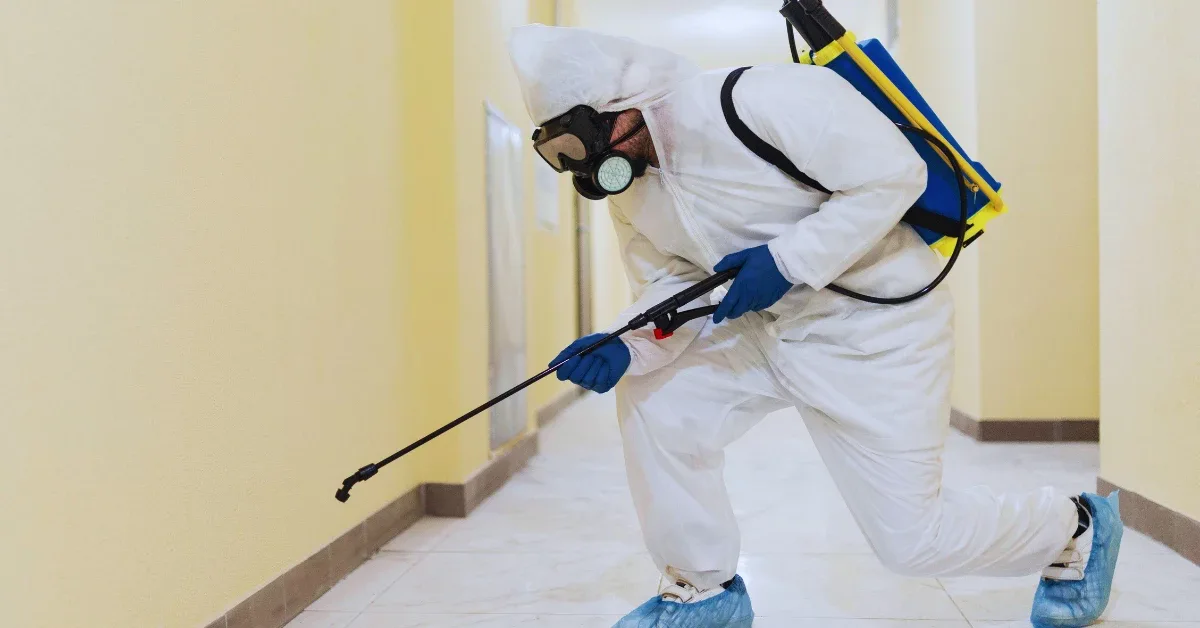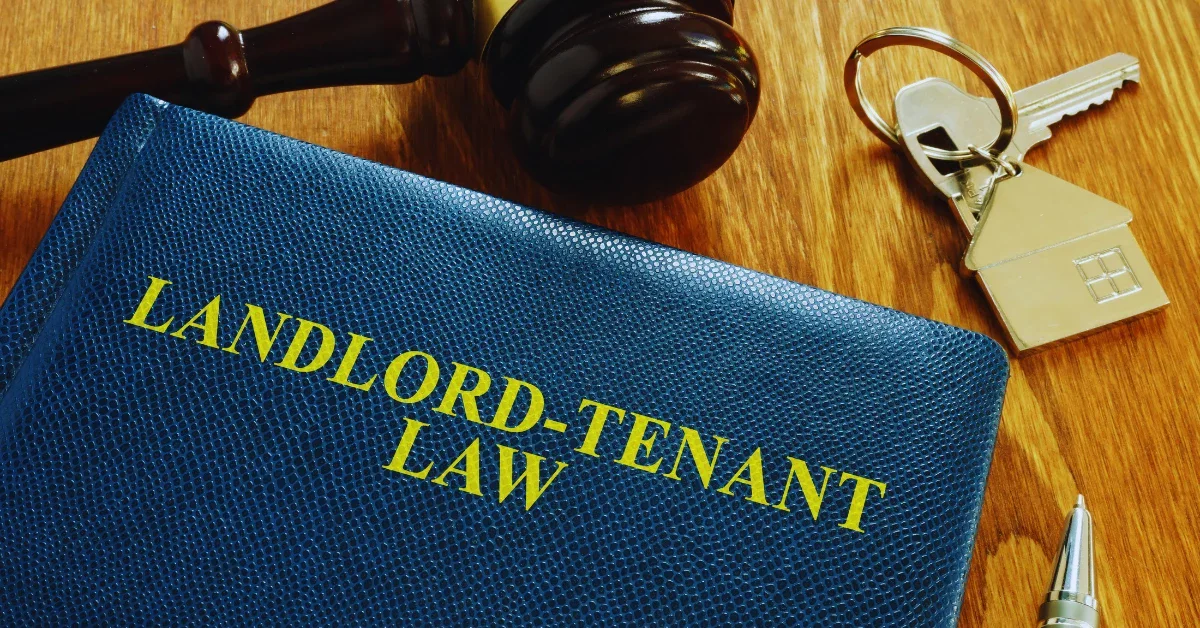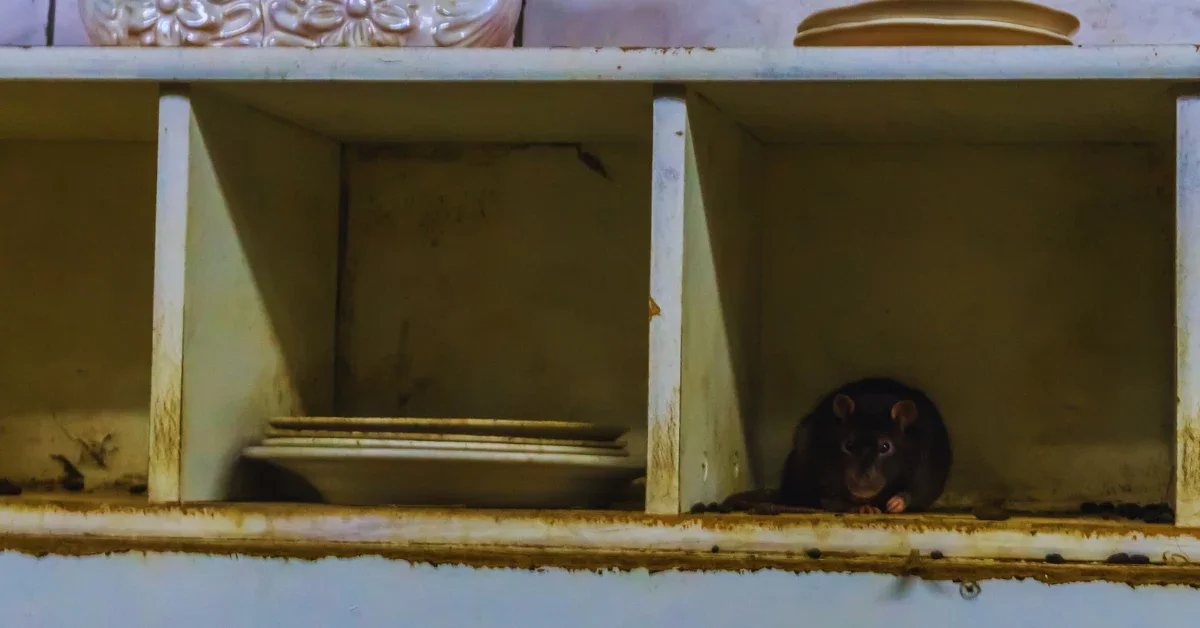Is Landlord Responsible for Pest Control in Texas?
In Texas, landlords are responsible for pest control unless the lease agreement indicates otherwise. This means that it is the landlord’s duty to ensure that the rental property is free from pests at the beginning of the lease and they must maintain it throughout the lease term.
Failure to do so can lead to legal consequences such as breach of contract or violation of health codes. Additionally, tenants have the right to request pest control services from their landlord. However, if the pests were introduced by the tenant’s negligence or lack of cleanliness, they may be held responsible for the extermination costs.
It is always recommended to have a clear understanding of the responsibilities outlined in the lease agreement to avoid any disputes regarding pest control.

Understanding The Law: Tenant And Landlord Responsibilities
As a tenant, living in a pest-infested environment can be a daunting experience.

One may wonder if their landlord is responsible for pest control and what can be done about it.
The Texas Property Code, Specifically 92.052 And 92.056
The Texas property code is a set of laws that govern property rental relationships between landlords and tenants.
Sections 92. 052 and 92. 056 are the clauses that specifically deal with pest control responsibilities.
The Law Regarding Pest Control Responsibilities For Landlord And Tenants
According to section 92. 052, landlords are responsible for maintaining a habitable environment in the rental property.
This means they are responsible for the control of pests unless the infestation is caused by the tenant’s conduct. On the other hand, section 92.
056 states that tenants must keep the rental property clean and free from pests, rodents, and other vermin.
Failure to do so can result in the tenant being held financially responsible for pest control services.
Landlord’S Responsibilities Outlined In The Lease Agreement
In Texas, lease agreements can include specific pest control clauses. These clauses outline a landlord’s responsibilities for pest control services.
For example, some agreements may require a landlord to hire professional exterminators to handle pest control matters.
Other lease agreements may require the tenant to assume responsibility for pest control measures.
Before renting a property, tenants must review their lease agreement carefully to understand the landlord’s pest control responsibilities.
It’s essential to negotiate a fair agreement that promotes the maintenance of a healthy living space free of pest infestations.
It’s the landlord’s responsibility to ensure that rental properties are free of pests.
In contrast, tenants should adopt proper sanitation measures to keep rental properties free of infestations.
By understanding the laws and lease agreements in Texas pertaining to pest control, both tenants and landlords can live in harmony and maintain an appropriate living environment.
Common Pest Problems In Texas Rental Properties

The Most Common Types Of Pests Found In Rental Properties In Texas
Renting a property in Texas comes with its fair share of problems, especially when it comes to pests.
Here are some of the most common types of pests found in rental properties across Texas:
- Cockroaches: These pests have been a common problem in rental properties in Texas. They are known to breed in dirty environments, and their presence can indicate poor hygiene levels on the property.
- Rodents: Rats and mice are common in homes all over Texas. They are known to cause damage to property and can carry diseases, posing a significant health risk to tenants.
- Termites: Texas is known for its termite population, and rental properties are not immune. Termites can cause significant structural damage to homes if left unchecked for too long.
- Bed bugs: These pests can quickly become a nightmare for tenants. They are fast-spreading and can be challenging to get rid of.
The Severity Of Pest Problems And Potential Health Hazards Associated With Them
Ignoring pest problems can lead to severe consequences for tenants and landlords. Here are some potential health hazards associated with pest infestations in rental properties:
- Cockroaches and rodents carry diseases that can cause harm to humans and pets. These pests are known to spread bacteria and viruses that can cause illnesses.
- Termites can cause significant structural damage to rental properties, making them unsafe for tenants.
- Bed bugs can cause allergic reactions, and their bites can become infected and cause severe health problems, especially for those with weakened immune systems.
The Impact Of Pest Infestations On Tenant Living Conditions And The Rental Property’S Value
Pest infestations can reduce the quality of living conditions for tenants in rental properties.
Here are some of the ways pest infestations can impact tenant living conditions and property values:
- The presence of pests can make living in a property unbearable for tenants, leading to higher tenant turnover rates.
- Regular pest control treatments can become expensive for landlords, leading to higher costs for tenants in the long run.
- Pest infestations can significantly reduce the value of a rental property. Prospective tenants may be discouraged from renting properties with a history of pest infestations, leading to longer vacancy periods for landlords.
Landlords are responsible for pest control in Texas rental properties. It’s crucial to address any pest problems promptly and take measures to prevent future infestations.
Failure to do so can lead to severe consequences for tenants and landlords alike.
Frequently Asked Questions Of Is Landlord Responsible For Pest Control In Texas
Is Pest Control The Responsibility Of Landlords In Texas?
Yes, the landlord in Texas is responsible for keeping the rental property free from pests.
Does The Tenant Have Any Responsibility In Pest Control?
Tenants must maintain cleanliness and report pest problems promptly to the landlord.
What Are The Common Pests Found In Texas Rental Properties?
Cockroaches, rodents, bed bugs, and termites are common pests found in Texas rental properties.
Can Landlords Charge Tenants For Pest Control Services?
Landlords can charge tenants for pest control services if the infestation was caused by the tenant’s negligence.
Conclusion
Based on Texas law, landlords are typically responsible for controlling infestations of vermin, such as rodents, in rental properties.
However, responsibility for pest control may vary depending on the terms of the lease agreement.
If the tenant has contributed to the infestation or if the vermin issue was present before the tenant moved in, then the tenant may be responsible for pest control.
Nonetheless, it’s always best for landlords to maintain a pest-free environment to ensure the safety and comfort of their tenants.
While it may be an added expense, investing in regular pest control services can ultimately save landlords money in the long run by avoiding potential damage to the property.
Landlords in Texas should familiarize themselves with their legal obligations regarding pest control and proactively take steps to maintain a pest-free environment to uphold their status as reputable and responsible landlords.